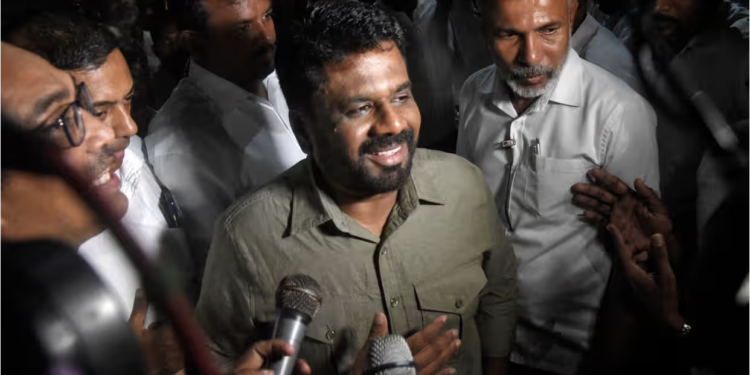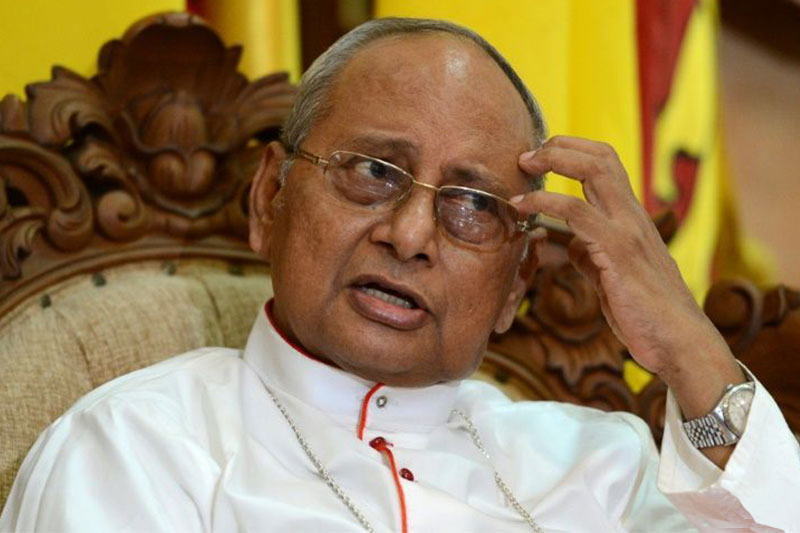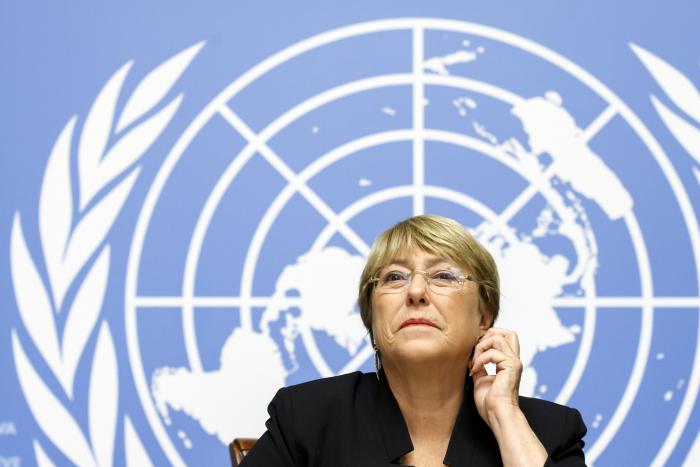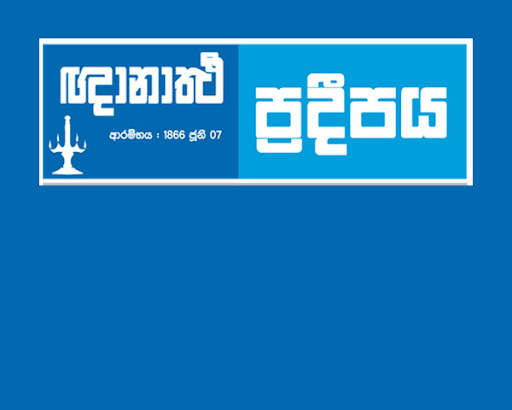AKD has got a strong message from the people to deliver.

In a historic shift for Sri Lanka’s political landscape, President Anura Kumara Dissanayake’s leftist coalition, the National People’s Power (NPP), has secured a commanding victory in the country’s snap parliamentary elections, delivering the self-described Marxist leader a strong mandate to tackle the island-nation’s most pressing issues of poverty and corruption.
A Resounding Victory
The official results from the elections show that Dissanayake’s NPP has won an impressive two-thirds majority in Sri Lanka’s 225-seat parliament, clinching 159 seats. This landslide victory, which saw the leftist coalition garner nearly 62% of the vote, signals a significant shift in Sri Lanka’s political trajectory. It is a powerful endorsement for Dissanayake’s calls for systemic reform and his commitment to transforming the country’s economic and political landscape.
One of the most remarkable aspects of this victory is the NPP’s success in securing votes in regions that were historically dominated by Tamil voters, particularly in the Tamil-majority Jaffna Peninsula. This is the first time since Sri Lanka gained independence from Britain in 1948 that a leftist coalition has won in this region, marking a breakthrough in the country’s long-standing ethnic and political divisions.
In a brief message on social media platform X (formerly known as Twitter), Dissanayake thanked supporters for their trust, stating, “Thank you to all who voted for a renaissance.” The landslide victory represents not only a political triumph for Dissanayake and his party but also a repudiation of the traditional political dynasties that have long dominated Sri Lanka’s political scene.
A New Era of Governance
This victory represents a monumental shift in the country’s politics, which has historically been characterized by the dominance of established family-based political parties. The NPP’s success is seen as a rejection of the political elite that has been in power for decades and a call for a transformative new approach to governance.
During his campaign, Dissanayake appealed to the people of Sri Lanka, including Tamils, Sinhalese, and Muslims, urging them to join the broader national movement for change. His message resonated across diverse communities, with many voters eager for a break from the old political order. “People around the country, including Sinhalese, Muslims, and Tamils, are demanding a transformation,” Dissanayake said, adding that the vote was a clear sign of the public’s desire for a new political direction.
With this overwhelming support, Dissanayake now has the political mandate to push forward his agenda for economic and constitutional reforms, as well as tackling deep-rooted issues such as poverty and corruption. The NPP’s strong showing gives Dissanayake the leverage needed to implement changes that could reshape Sri Lanka’s political and economic landscape in the years ahead.
A Rejection of the Status Quo
The election results have been widely interpreted as a clear rejection of the “same old faces” and political parties that many voters feel have failed to deliver meaningful change. Dissanayake’s coalition has positioned itself as a fresh alternative to the political establishment, advocating for a fundamental break from the status quo.
The NPP’s success in 21 out of 22 districts across Sri Lanka further underscores the depth of dissatisfaction with traditional political leadership. The vote reflects a desire for new leadership capable of addressing the country’s mounting challenges, from economic instability to widespread corruption.
What’s Next for Sri Lanka?
With a two-thirds majority in parliament, Dissanayake’s coalition now has the political clout to enact major legislative reforms. One of the key promises made during the campaign was to overhaul Sri Lanka’s economic structure, which has been plagued by rising debt, inflation, and unemployment. Dissanayake’s administration will likely prioritize reforms aimed at tackling these issues, with an emphasis on poverty alleviation and the redistribution of wealth.
Additionally, Dissanayake has promised to pursue constitutional changes to decentralize power and give greater autonomy to regional governments, which could have profound implications for Sri Lanka’s ethnic and religious minorities. His victory in Tamil-majority regions suggests a willingness to engage with and address the concerns of Sri Lanka’s diverse communities.
As President Dissanayake prepares to take office, the world will be watching closely to see how his government navigates the challenges ahead. His administration has the chance to chart a new course for Sri Lanka—one that seeks to overcome the economic and political crises that have long plagued the nation while fostering greater unity across its ethnic and cultural divides.
In the wake of this historic victory, Dissanayake’s National People’s Power has made a bold statement: a call for change, a call for justice, and a call for a more inclusive and equitable future for all Sri Lankans.






